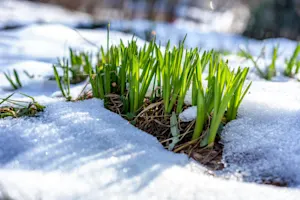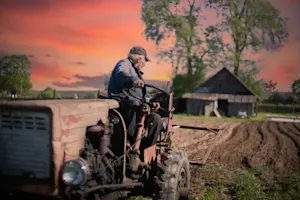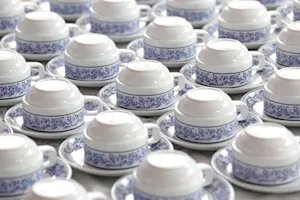What Makes This Word Tick
"Capricious" is one of those delightful words that embodies the very idea it describes: sudden and unpredictable changes. Like a cat that was just snoozing peacefully before darting off in hot pursuit of something invisible, a capricious nature keeps everyone guessing. It captures the whimsy and unpredictability we often see in both people and situations.
If Capricious Were a Person…
Imagine someone who changes hobbies as often as they change their socks. They’re the friend who suggests a beach day and then suddenly decides on a mountain hike instead. Charming yet challenging, their mercurial moods might drive you a little bonkers, but you can’t help but love them for keeping life exciting.
How This Word Has Changed Over Time
Originally from the Italian "capriccio" meaning a sudden start or whim, the word "capricious" has retained its core meaning of unpredictability through the centuries. It evokes imagery of caprices, those little whims or fancies that flit in and out of consciousness.
Old Sayings and Proverbs That Use Capricious
While no age-old sayings precisely use "capricious," many a proverb captures its spirit. Consider "change is the only constant," a nod to the inherently fickle nature of everything capricious.
Surprising Facts About Capricious
Despite its whimsical connotations, "capricious" finds serious use in legal contexts. Judges discuss capricious decisions to denote those lacking a reasonable basis. Who knew whimsy could make its way into the courtroom?
Out and About With This Word
In everyday conversation, calling someone "capricious" is both an observation and a critique. It’s a double-edged compliment suggesting both the enlivening unpredictability they bring and the frustration of trying to plan anything with them.
Pop Culture Moments Where Capricious Was Used
In the realm of theater and television, "capricious" often describes diva-like antics of characters, or unexpected plot twists that throw the audience for a loop. If you’ve ever gasped at an unexpected turn in a soap opera, you’ve witnessed capricious storytelling.
The Word in Literature
"Capricious" bounces onto the pages of classic literature, often used to describe characters or fates that are notoriously unpredictable. The word’s elasticity makes it perfect for the whimsical, ever-changing landscapes found in stories from Jane Austen to contemporary novels.
Moments in History with Capricious
Throughout history, certain rulers have been described as capricious, their whims altering the lives of their subjects overnight. Think of those kings and queens who made decisions that seemed based on little more than a morning mood.
This Word Around the World
Globally, the equivalent of "capricious" in various languages—like the French "capricieux" or the Spanish "caprichoso"—also implies a whimsical unpredictability. However, cultural nuances may color the term with either a slightly more positive or negative light, depending on the context.
Where Does It Come From?
Tracing its roots back to the Latin "capra" meaning goat, the word conjures images of the sprightly, unpredictable movements of a goat. From there, the Italian "capriccio" linked to a sudden start or whim became "capricious" in English.
How People Misuse This Word
People occasionally confuse "capricious" with "impulsive." While both suggest unpredictable actions, the former has an element of whimsy and grace, whereas the latter leans more toward rashness.
Words It’s Often Confused With
Impulsive: Often confused due to both involving sudden actions, but impulsive suggests more a lack of forethought.
Erratic: Shares the unpredictable aspect, but erratic lacks the fanciful charm "capricious" conveys.
Whimsical: While whimsical can imply playfulness, it doesn’t always carry the unpredictable connotation.
Additional Synonyms and Antonyms
Synonyms include "fickle," "whimsical," and "volatile." Antonyms would be "steady," "predictable," and "consistent."
Want to Try It Out in a Sentence?
After days of blazing sunshine, a capricious gust of wind brought clouds and rain, transforming the countryside scene entirely.
















